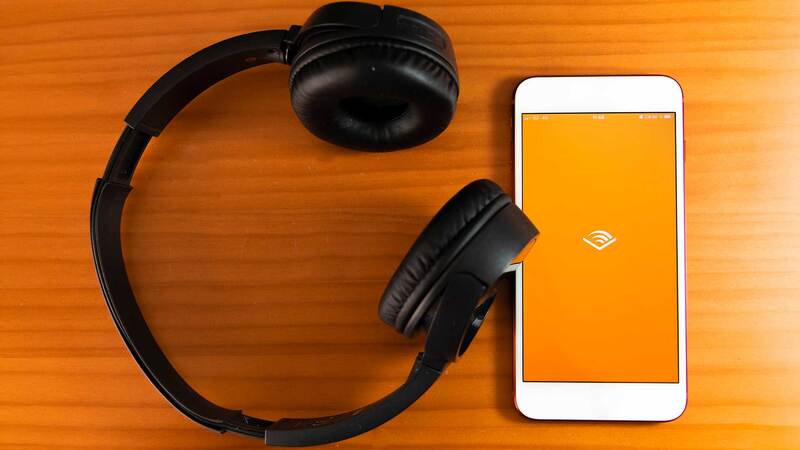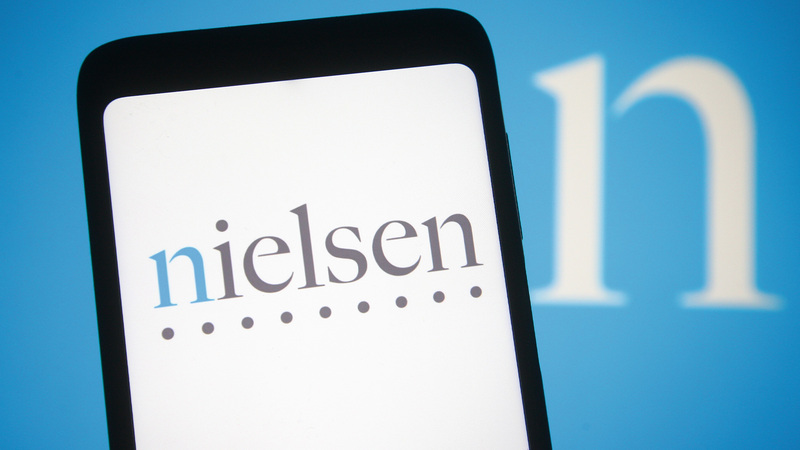You are viewing your 1 free article this month. Login to read more articles.
Kobo: tablets ‘no longer a focus’
Kobo is pulling back from the tablet market to concentrate on selling three key e-reading devices, The Bookseller has learnt.
The e-reading company owned by Japanese e-commerce firm Rakuten is also set to focus on driving content sales through its app as a key strategy going forward.
The company launched its new waterproof e-reader, the H2O, last week, which Kobo president and chief content officer Michael Tamblyn said had achieved the highest pre-orders of any other Kobo device. However, he also revealed tablet devices were no longer a focus area for the company. Instead, it will concentrate on three main e-reader models, the Kobo Touch, Kobo Aura and the new H2O. The firm will also work more closely with its bricks and mortar retail partners, such as W H Smith in the UK, to promote its app and increase content sales to customers.
Tamblyn said: “We found people were just as happy reading through an app on devices than they were reading directly on tablets.”
When asked if Kobo was backing out of the tablet market to focus on those three e-readers, Tamblyn said: “That is something you are generally going to see across all our retailer relationships. The tablet devices we already have out there will continue to be sold, but we are not at this point planning any new tablets.
“Our relationship with WHS will continue to focus on bringing our devices to customers but we are also going to be making use of instore promotion and point of sale opportunities to find that customer who is interested in making the move to digital reading.”
Tamblyn added that its “most valuable customer for us is the customer who reads on e-ink devices and tablets. They are worth 23% more to us in terms of sales”.
Kobo’s strategy follows that of Barnes & Noble’s digital arm Nook in the US, which last June announced it would cease to manufacture tablets alone and instead partner with a third party, Samsung.
Douglas McCabe, analyst with Enders Analysis based in London, said that Kobo needed to acquire exclusive content to be competitive in the e-reading market. “Kobo has to establish itself as the niche e-reader competitor to Amazon’s Kindle,” he said. “The tablet market has too many very successful players—Apple, Samsung, Sony, Google, Tesco, Amazon itself. Kobo is lost on that battlefield.”
McCabe added: “Kobo’s biggest challenge is that it does not have enough unique content from publishers or authors. Amazon is expanding its publishing platform and is launching a crowdsource self-publishing platform. It has purchased a wide variety of small publishers. These all contribute to a content ‘wall’, which adds to Amazon’s considerable scale advantage.”



















